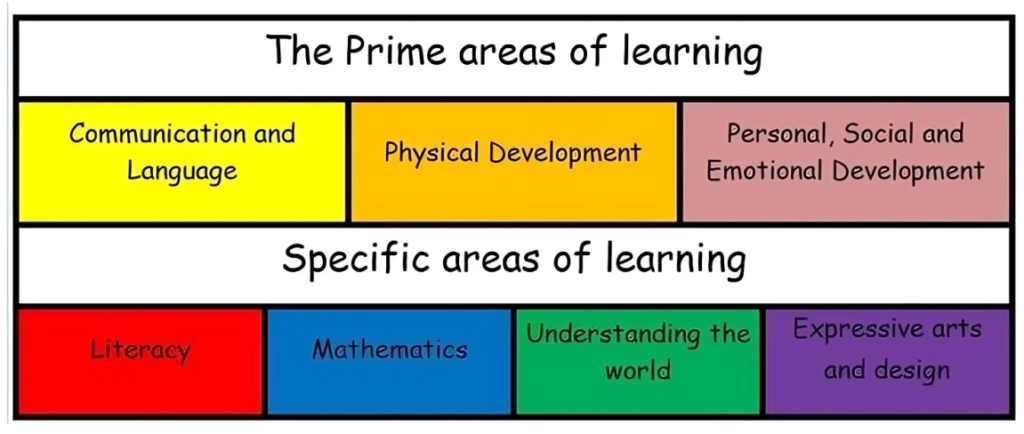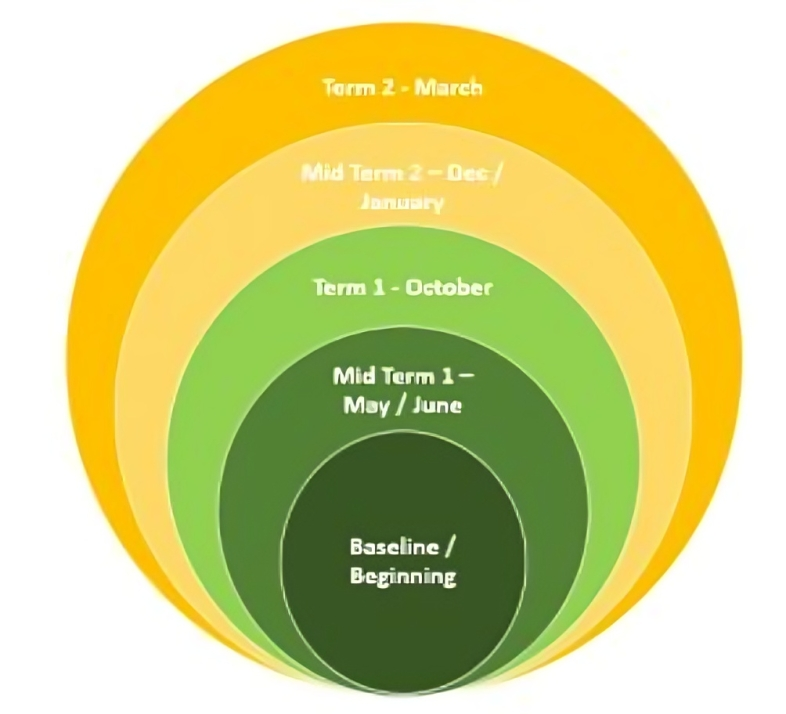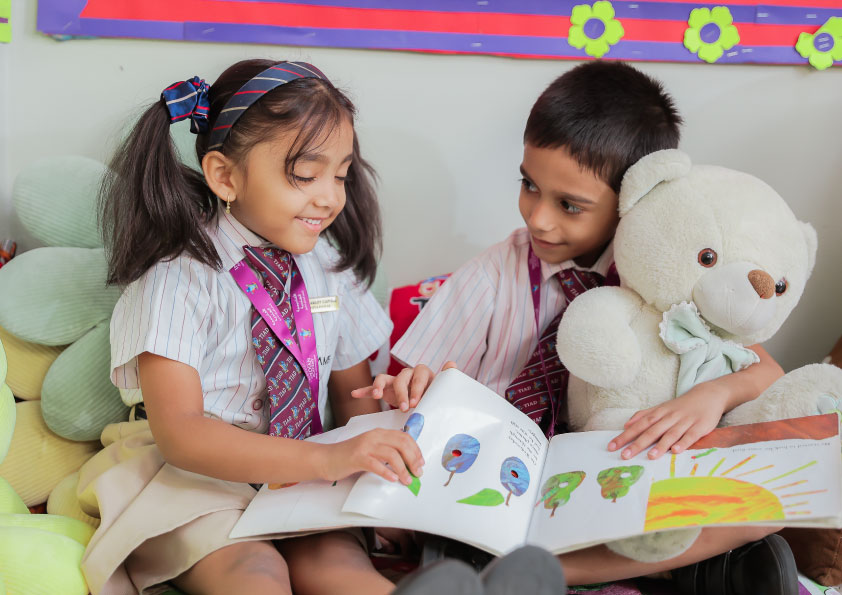Kindergarten Curriculum And Assessment
The kindergarten curriculum is based on age-specific learning objectives and has been developed with the educational trends and needs of the children in mind.
A thematic approach is taken to promote learning across the curriculum, with an emphasis on developing key skills.
The curriculum is child-centred and focuses on learning through play and individual personalities.
The integration of all areas of learning provides ample opportunity for children to make connections between their experiences.
The curriculum for our young learners is based on the Early Learning Goals, which must be achieved by the end of kindergarten.
The integration of all areas of learning provides ample opportunity for children to make connections between their experiences. Keeping the international standards in mind. The curriculum for our young learners is based on Early Learning Goals to be achieved by the end of kindergarten. This assessment scheme has been successfully adapted to provide the necessary breadth and balance. The curriculum framework provides a detailed overview of the concepts covered in all seven areas of the curriculum:

Instructional Time
| Classes | No.of Periods | Approximate Time Of Study Per Week |
|---|---|---|
| Communication, Language & Literacy | 5 | 3 hours 20 minutes |
| Mathematics | 4 in KG2 and 5 in KG1 | 2 hours 40 minutes |
| Understanding the World | 3 | 2 hours |
| Arabic | 1 in KG2 | 40 minutes |
| Swimming | 1 | 40 minutes |
| Music | 1 | 40 minutes |
| Kinder Discovery | 1 | 40 minutes |
| Free Flow that includes Sand/Water play and Gardening | 1 | 40 minutes |
| Assembly that includes Mass PE | 1 | 40 minutes |
| Pupil Enrichment Programme | 1 | 40 minutes |
| Play Pen | 1 | 40 minutes |
In addition we also have time allotted for – Self-Registration, assembly, Brain Gym and Circle time
Self-Registration- Students mark their own attendance in class with our Self Registration resources.
Circle time- It is an important time for students to interact with one another and develop positive relationships between teacher and students.
Brain gym- We boost our child’s cognitive skills with a few exercises.
Assembly- Every Monday students assemble for Mass PE and witness the special assembly presented by different classes.
Assessment
In Kindergarten, ongoing assessment plays an important role in recognising children’s progress, understanding their needs, and planning activities and support. It helps teachers communicate important milestones in children’s development to parents and provides an opportunity for teachers and parents to work together to support children as they grow.
Assessments at this stage involves continuous observation of children while they are at task for example reading, writing, working with blocks, puzzles, behaviour in small groups while they are at sand play, water play, free flow and so on. The students’ progress is tracked through skill tracker. The teacher records their observation in Journals, Anecdotes, one note and monitors continuously to see if the students have achieved their set targets.The students’ progress is tracked through skill tracker.


